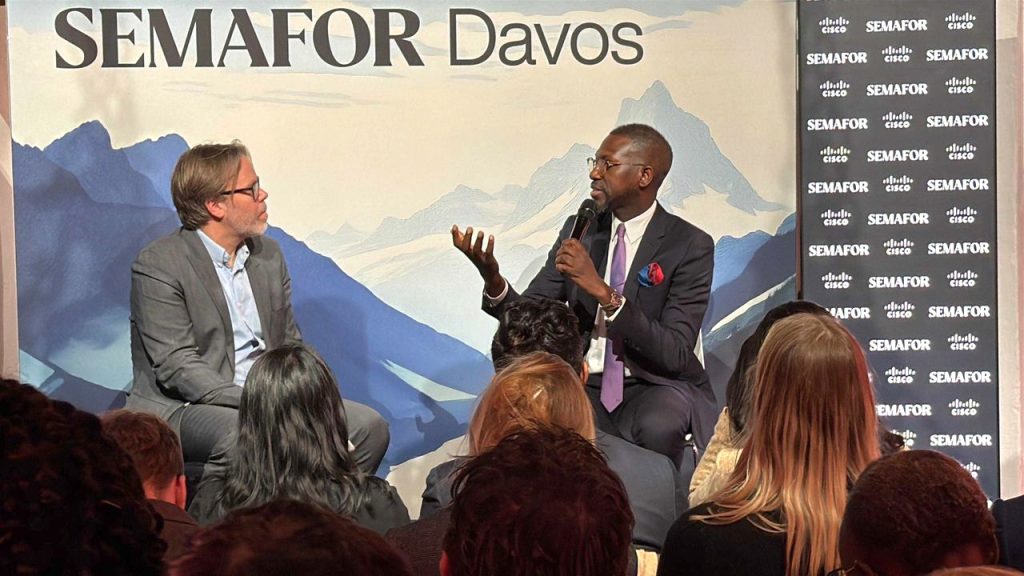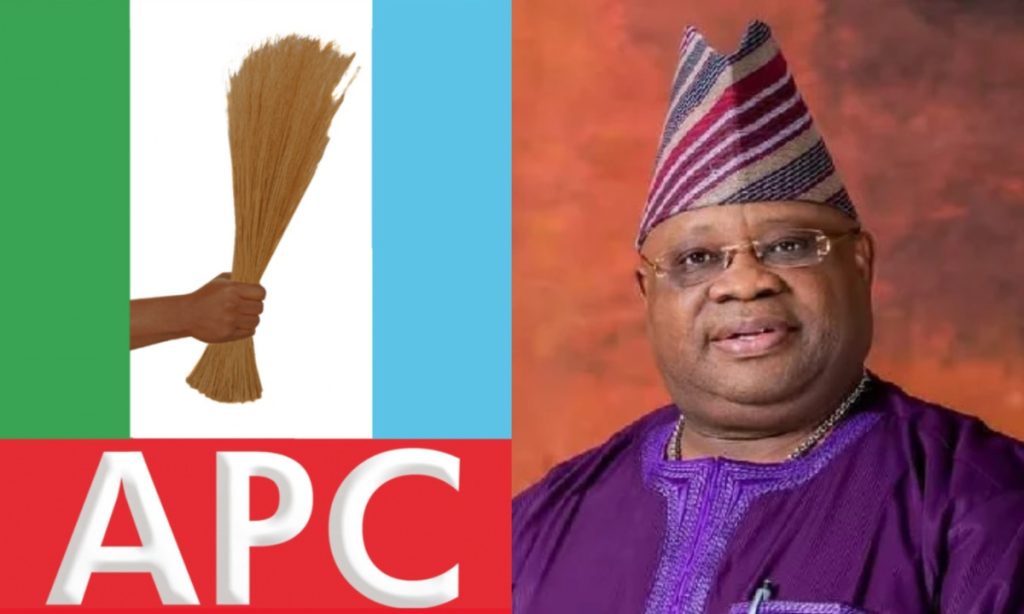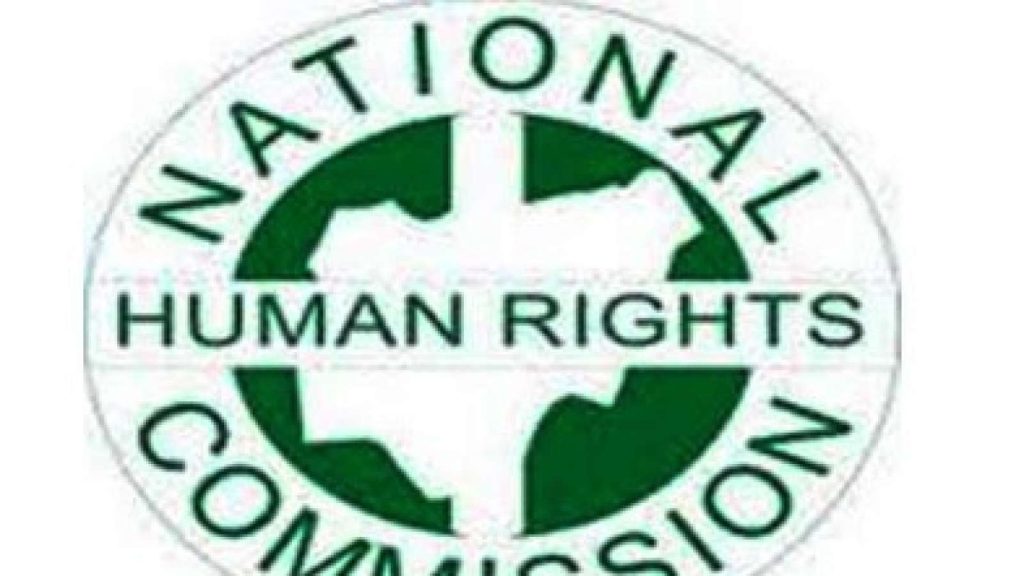The Chairman of the Inter-Party Advisory Council (IPAC) in Osun, Wale Adebayo, has cautioned political parties in the state to ignore a recent directive from the Osun State Independent Electoral Commission (OSIEC), urging them to submit party details. Adebayo’s warning comes in the wake of OSIEC’s directive issued by its Chairman, Hashim Abioye.
In a statement released by the council’s Secretary, Tosin Odeyemi, Adebayo criticized the directives from OSIEC, emphasizing that the commission should have engaged in proper procedures and dialogue with political parties before making such requests. He stressed the necessity of a stakeholders’ meeting between the Chairman and political parties to address the matter effectively.
This development follows Osun IPAC’s previous objection to Hashim Abioye’s appointment as the OSIEC Chairman. The Council, along with several Civil Society Organizations (CSOs), has raised concerns regarding Abioye’s past political affiliations, alleging his prior membership with the Peoples Democratic Party (PDP) in the state and his role as a former Special Adviser on Legal Matters to Governor Ademola Adeleke.
In response, Abioye clarified that he had resigned from the Osun PDP and relinquished his position in the Adeleke cabinet upon his nomination as the OSIEC Chairman. He further asserted that he underwent thorough screening by the Osun State House of Assembly, clearing any doubts about his eligibility for the role.
The controversy surrounding OSIEC’s directive and the ensuing response from Osun IPAC and CSOs underscores the significance of adherence to due processes and transparency in electoral procedures. As the situation unfolds, the spotlight remains on the necessity for open dialogue and procedural integrity in the electoral landscape of Osun.
The unfolding narrative between OSIEC and the political stakeholders in Osun highlights the critical role of transparent communication and procedural diligence in electoral governance. As the developments continue to unfold, the need for constructive engagement and procedural transparency takes center stage, emphasizing the broader implications for the democratic process in the state.



